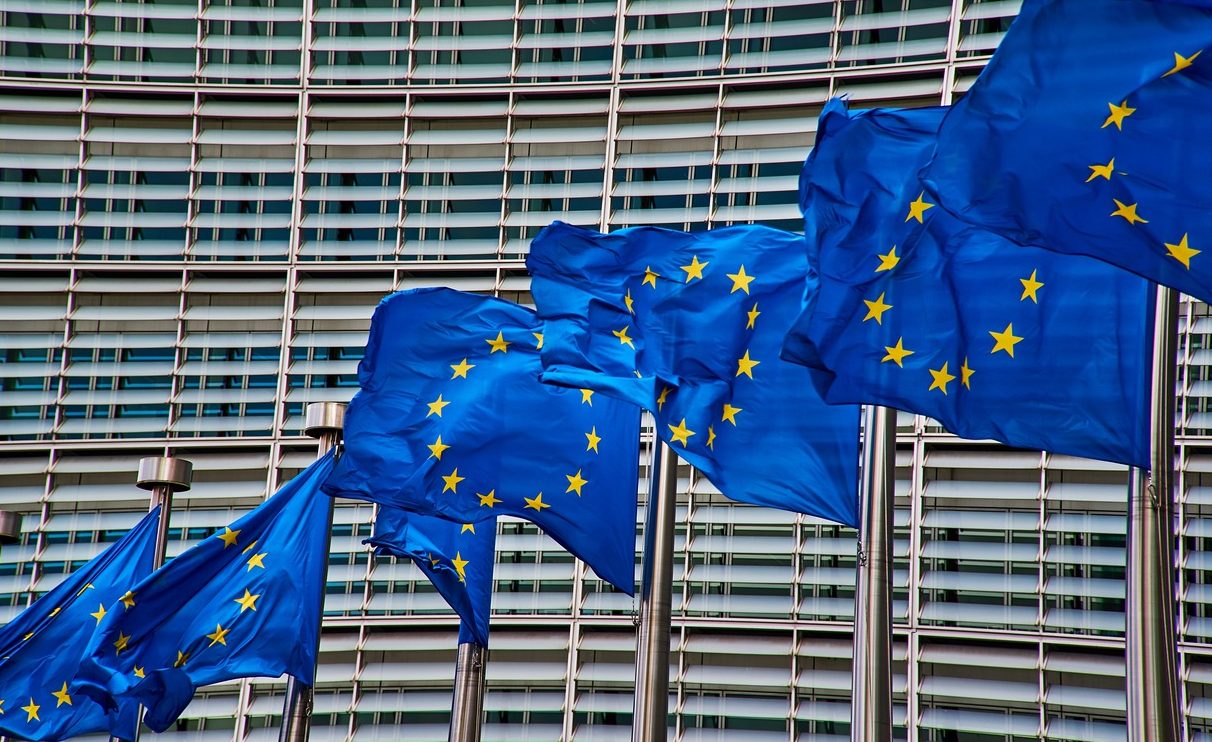
Europe is, first and foremost, an idea.Continue reading

The current EU regulatory system does not allow for monitoring whether the rule of law is respected within the EU institutions. One of the aims of the Hungarian EU presidency is to examine how these shortcomings can be filled, EU Affairs Minister János Bóka told participants of an international conference in Budapest on Monday.
Rule of law procedures are one of the most dangerous challenges facing the EU. Instead of reinforcing the EU’s core values, they have been politicized, János Bóka said at an event organized by Transparency International and Connect Europe.
Speaking at the conference “Protecting European values and the EU budget,” the Minister stressed that a deep and mutual distrust has been fostered between Member States and institutions in the EU, which makes honest cooperation extremely difficult. He added that
Hungary is under attack for its interpretation of the rule of law as a sovereign and democratic country, pointing to double standards, inconsistencies, and hidden political agendas.
Bóka pointed out that in the framework of the EU Presidency, the Hungarian Government has taken a number of initiatives to resolve existing disputes.
The politician said that the Council of the EU’s dialogue on the rule of law has undergone a profound transformation in the last institutional cycle. “The committee’s report on the rule of law largely deals with areas that are primarily the responsibility of Member States. To link funding from the MFF (multiannual financial framework) to something that is outside the EU’s competence is clearly crossing a red line,” he said.

Photo: MTI/Illyés Tibor
He noted that the supra-nationalization of the concept of the rule of law is embedded in the process of establishing European constitutional federalism. “An ever closer union of rules is fundamentally different from an ever closer union of values.
It requires a clear political mandate on the one hand, and a complete overhaul of the system of EU and national competences on the other. In this context, the focus is no longer on the enforcement of EU competences but on the protection of national competences,”
he explained.
As he recalled, at an informal meeting of EU affairs ministers in Budapest at the beginning of September, they exchanged views on how the EU institutions could improve the quality of EU legislation by improving the quality of lawmaking. “Delegations agreed that these objectives could be served by better taking into account the specific features of Member States and by better mapping and reflecting the views of relevant economic operators in EU legislation.
However, neither the EU institutions nor the majority of Member States supported the idea of starting to work on the respect by EU institutions of the rule of law standards,”
the Minister said.
As an example, Bóka said that asset declarations and their transparency and control are clearly a rule of law issue when it comes to Member States, while the lack of compliance with standards in the EU institutions is not a rule of law issue.
Via MTI, Featured image: Pixabay